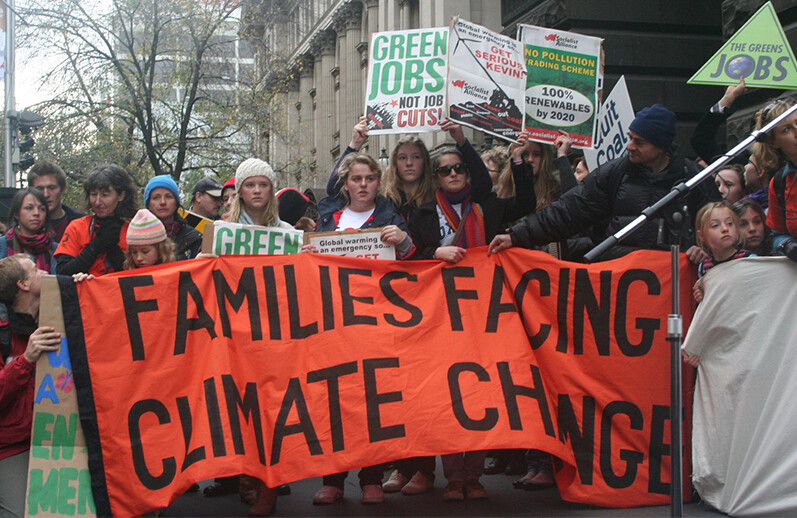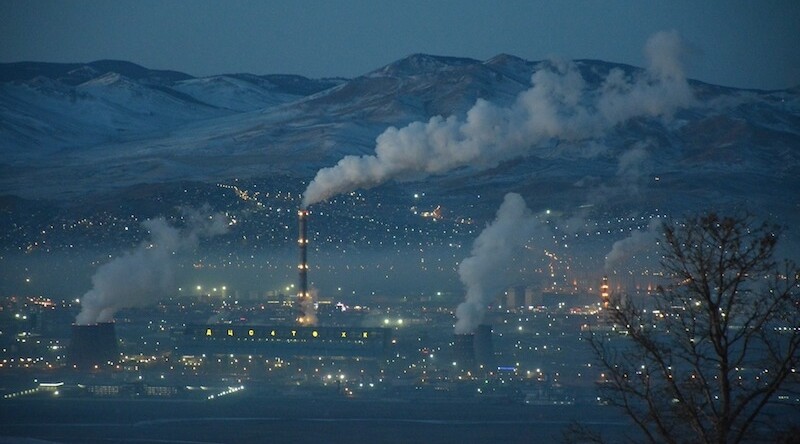This article first appeared on the Ethics & International Affairs blog.
I have been reading an interesting book, Sarah Parcak's Archaeology from Space: How The Future Shapes our Past. One of the points throughout is that at various points in the past, changes in climate have caused human beings to abandon settlements and whole cities—that were swallowed up by the desert, became uninhabitable due to lack of water or extreme temperatures, or became unsustainable because food was no longer available or because of extensive flooding. At one point, she references the 4.2 ka BP event, which led to changes in "in monsoon patterns and Mediterranean westerlies, leading to droughts and cooling periods across Africa and Asia"—changes in climate that are believed to have been the cause of the collapse of the Old Kingdom in Egypt (where many monuments were swamped by sand) and the end of the Akkadian Empire in Mesopotamia. One of the causes of the shift may have been fluctuations in solar radiation which impacted temperatures on Earth.
This was a case of non-anthropogenic climate change, since the culprit appears to be our star, yet the impacts were quite devastating. At other points in human history, climate and environmental change has caused human societies to be impacted, whether the Vikings abandoning their settlements in Greenland and North America or cities disappearing in the Indus river valley.
The climate is shifting again, yet the first response of policymakers is to assume that the status quo must at all times be preserved. There is also an assessment that the Earth's climate as it has existed for the last several centuries is the de facto norm. Both propositions carry with them policy consequences, particularly when tied to the Westphalian state system which prioritizes state sovereignty and territorial integrity. There is no system in place to allow for large-scale orderly migration of people from places which may become less sustainable in the future for effective human activity and to provide for their resettlement in other parts of the world. Even if migration ultimately was the cause of the fall of the Western Roman Empire, for several centuries Rome had a system in place to welcome migrant groups and to assign them roles within the Empire—or for those groups to act as "human frontiers" for Rome between the core of Roman lands and the outside world.
Migration and climate change will likely be the major issues shaping discussions about policy, and in some ways become the most critical foreign policy issues that touch upon the concerns of the "average citizen" looking to preserve (or obtain) a middle-class lifestyle and to enjoy a reasonable degree of security. Yet how those demands will evolve with the shifting natural order and what political figures will do to mitigate or shape future events (as opposed to simply holding on to the current landscape) will be the critical political questions.


